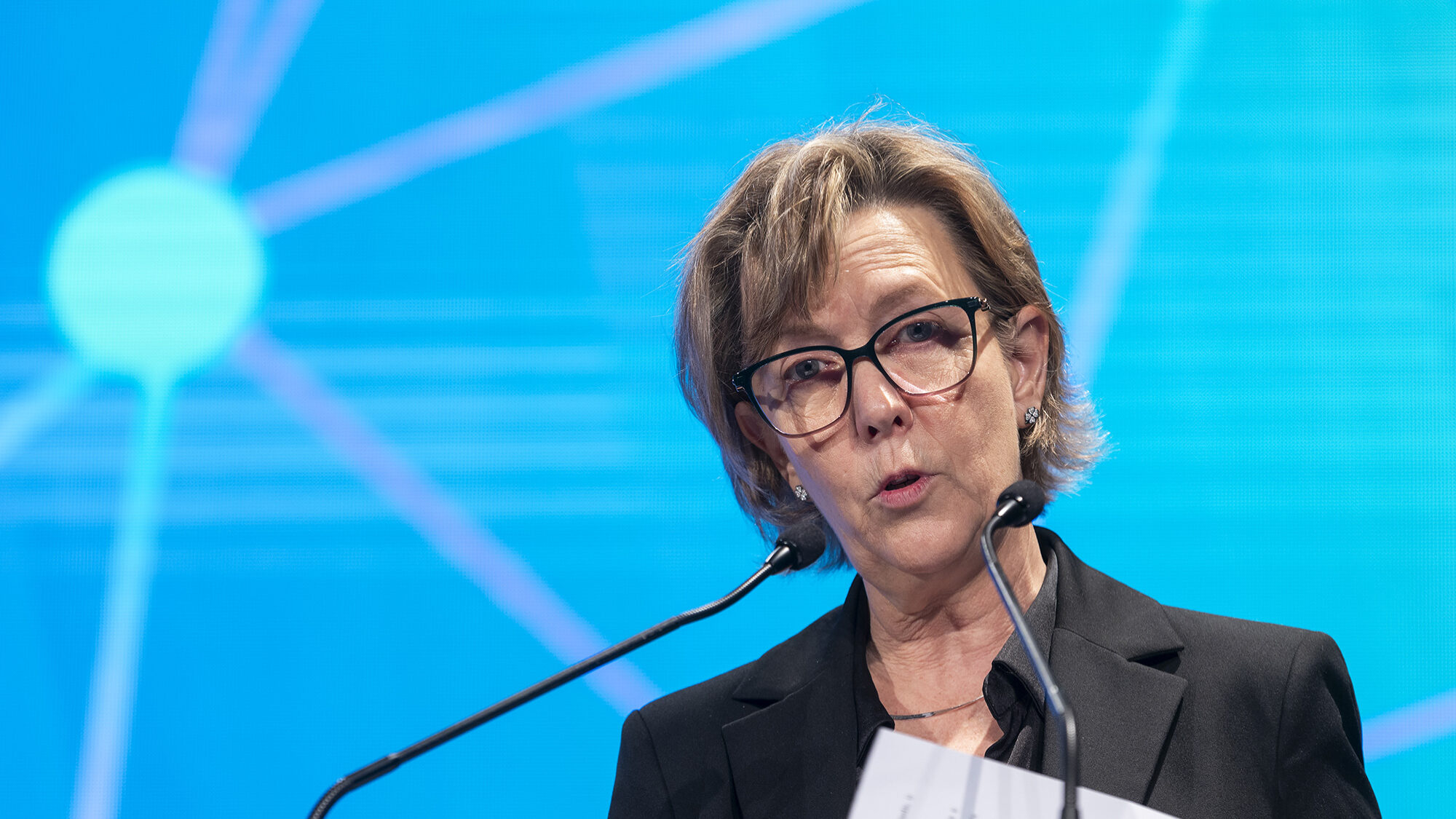Contact centre wages rise by more than 4%. Remote work decreases again
The average salary of contact centre operators rose 4.4% in the last year, reaching 973 euros gross per month. Open-ended contracts have become more prevalent in the sector.
The average salary of contact centre operators rose above inflation again in 2024, a year in which permanent contracts in this sector became more prevalent. At the same time, according to a new study by APCC, the Portuguese Association of Contact Centres, teleworking and hybrid work decreased, contrary to the trend in the labour market as a whole.
With regard to salaries, the APCC analysis released this Tuesday shows that the average monthly pay for operators grew by 4.4 % to 973 euros gross in 2024. “This growth is all the more significant when we take into account the continued high turnover of operators, with successive waves of recruitment of new employees with starting salaries”, the association notes in the report.
As for supervisors, the average salary increased by 6.7% to 1,230 euros gross per month. The APCC also points out that the average daily food allowance rose from 7.31 euros to 7.6 euros.
As for the most popular type of employment contract, the data shows that permanent contracts continue to predominate in this sector, rising from 50.7% to 54.6% of workers.
In contrast, temporary work fell from 3.4% to 2.4% and fixed-term contracts went from 45.2% in 2023 to 40.8% in 2024. On the other hand, service provision schemes grew from 0.7% to 2.3%.
As for the distribution of workers by work regime, it should be noted that 20% are 100% teleworking, which corresponds to a drop of seven percentage points compared to 2024.
The hybrid regime is also less prevalent, falling from 38% of workers to 32%. In this case, there is another nuance to highlight: the fixed-days modality fell (from 24% to 17%), while the modality without fixed face-to-face days increased (from 14% to 15%).
On the other hand, the fully in-person regime now covers 48% of workers, 13 percentage points more than in 2024.
Regarding the training that is made available in the sector, the analysis indicates that, on average, initial training sessions are lasting 20 days, less than the 21.5 days recorded in 2023.
On a more positive note, training throughout the year increased significantly from 69 to 74 hours for operators, and from 63 to 65 hours for supervisors.




